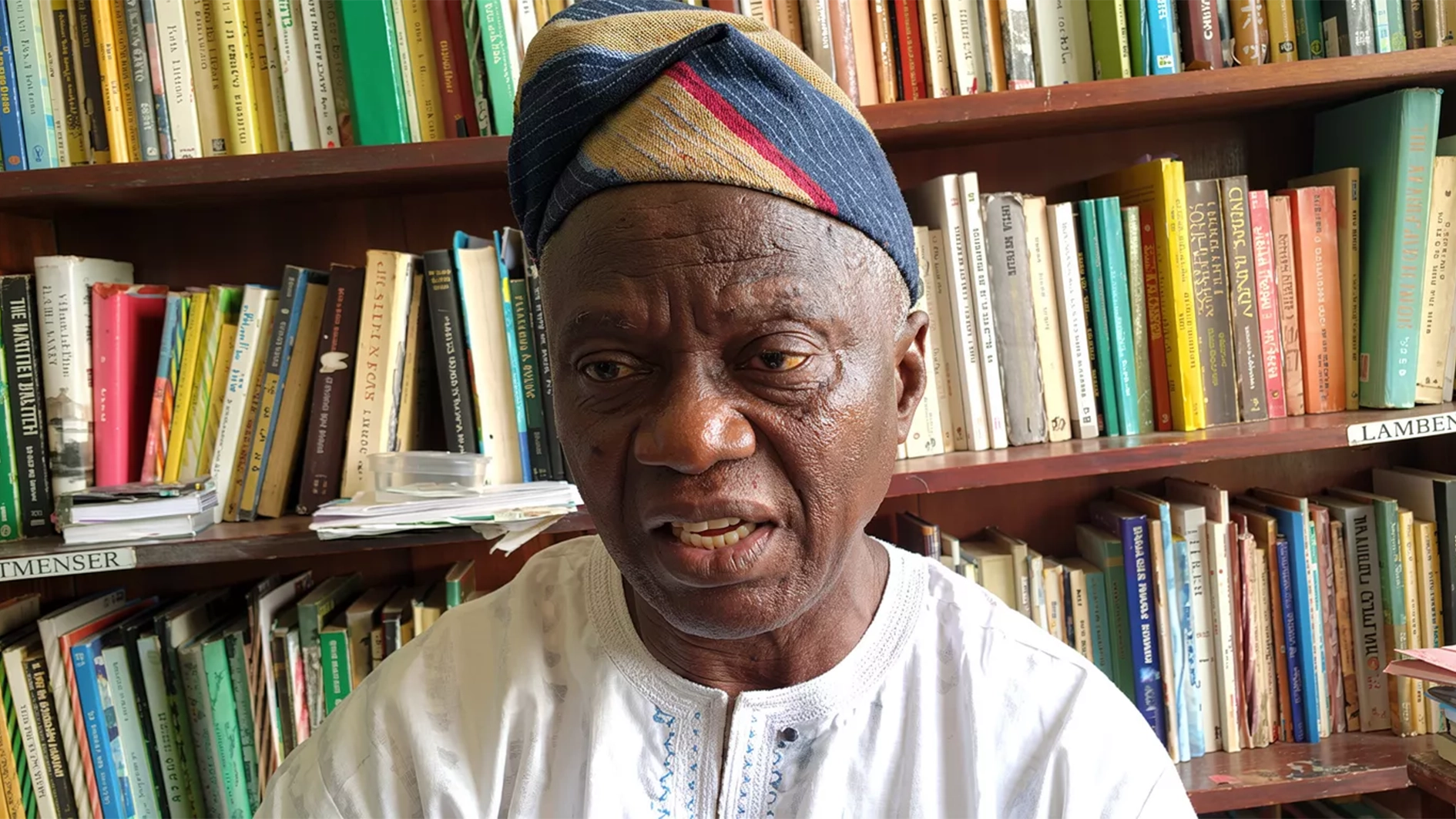Government budgetary allocation to every sector is an indicator and key driver of development and economic growth of that sector, Nigeria’s education sector inclusive. The budget for the education sector is a critical component of the country’s development strategy. Education is a vital sector that requires significant investment to produce a skilled and knowledgeable workforce, drive overall economic growth, and improve the quality of life for the citizens. In this interview by NGOZI EGENUKA, an educationist and school proprietress, Mrs Mercy Adelegan speaks on how poor budgetary allocation to the sector, under-funding among other challenges is negatively impacting the sector.
A lot has been said with regard to the correlation between budgetary allocation and the state of education in Nigeria. What is your take on this with particular reference to the Nigerian situation?
The current state of budgetary education is indeed a subject of concern. Despite the importance of education, budgetary allocation to the sector has been inadequate and inconsistent over the years. According to UNESCO, Nigeria’s budgetary allocation to education is often significantly lower than the 26;% recommendation of the total budget year-in-year-out.
What are the challenges posed by this inadequate funding?
Our educational sector is underfunded, leading to a shortage of resources, infrastructure, and qualified teachers. Inefficient allocation.
The allocation of funds to the education sector is often inefficient, with a significant portion going to administrative costs rather than actual teaching and learning.
Also, corruption is a significant challenge in the education sector, with funds meant for education being diverted to personal use.
Another factor is the lack of transparency. Education budget is often not transparent, making it difficult to track the allocation and the utilisation of funds. The inadequate education budget in Nigeria has significant implications for the country’s development including limited human capital which is essential for driving economic growth and development.
So also is the poor quality education. The lack of resources and infrastructure in schools leads to poor quality education, which can have long-term consequences for the country’s development. Limited access to quality education can perpetuate poverty, as individuals may not have the skills and knowledge to secure better-paying jobs.
How do you think these challenges can be dealt with? What solution are you recommending for improvement?
Well, to improve the education budget, the government should increase funding for the education sector to ensure that it meets the UNESCO-recommended 26% of the total budget.
The government should ensure that funds allocated to the education sector are used efficiently for what it is meant for, with a focus on actual teaching and learning and enhancing transparency.
I mean the government should make the making and implementation of the education budget more transparent, allowing for easier tracking of funds and ensuring accountability to reduce corruption.
The government should take steps to reduce corruption in the sector, including implementing robust accountability mechanisms and ensuring that funds are used for their intended purposes.
Government budget for the sector in Nigeria is a critical component of the country’s development strategy. However, the current state of the education budget is a subject of concern, with inadequate funding, inefficient allocation, corruption, and lack of transparency being significant challenges.
What solution would you proffer?
The point am making is that government should increase funding, improve allocation efficiency, enhance transparency, and reduce corruption. By doing so, Nigeria can produce a skilled and knowledgeable workforce, drive economic growth, and improve the overall quality of life for its citizens.






